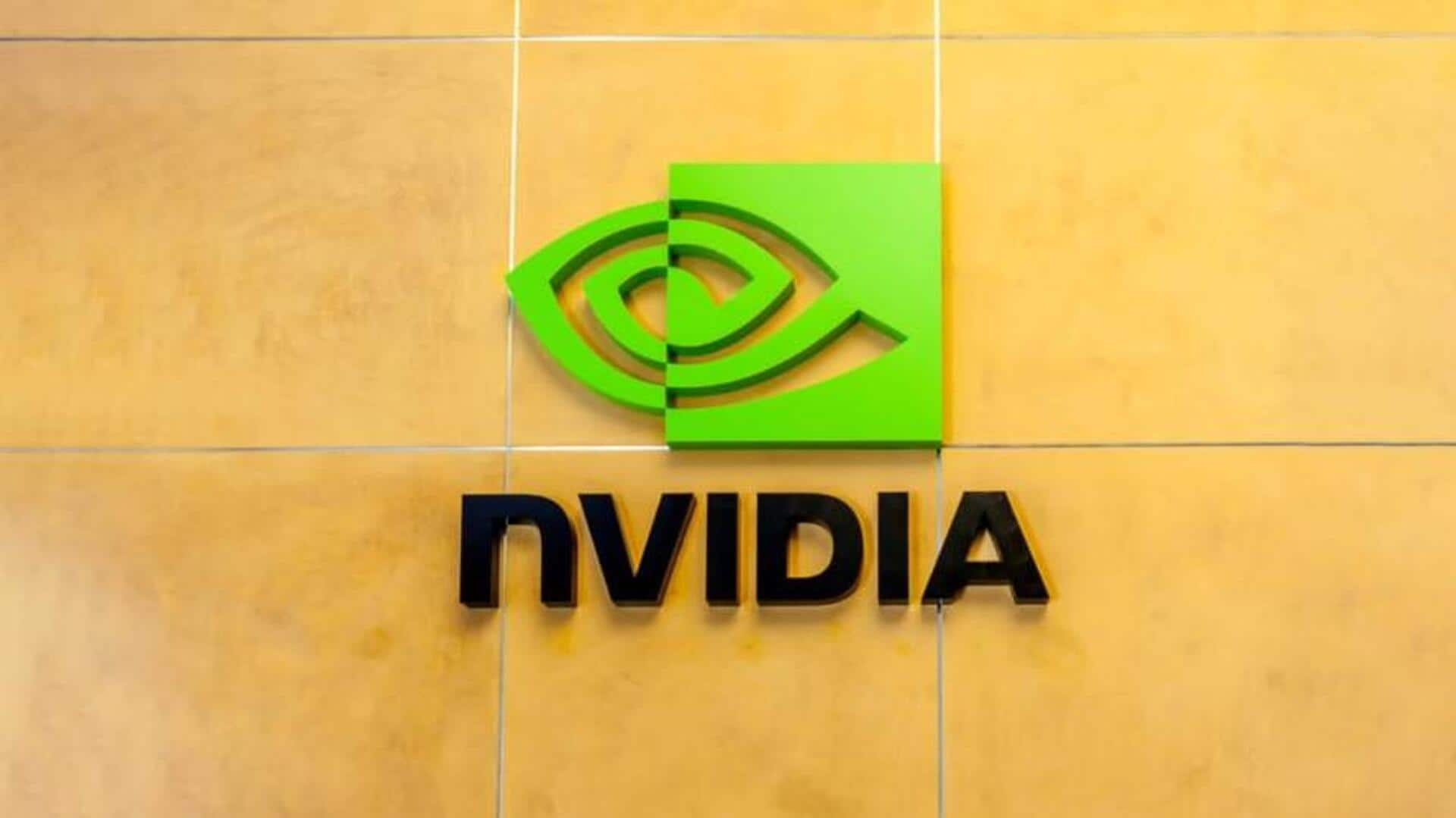
NVIDIA collaborates with Alphabet spin-off for next-generation drug discovery technology
What's the story
NVIDIA has teamed up with Alphabet's spin-off company SandboxAQ to forecast chemical reactions for purposes such as drug development, battery innovation, and sustainable energy.
By leveraging NVIDIA's quantum platforms, they are delving into the quantum mechanics underlying modern chemistry, biology, and material science using tensor networks.
Eric Schmidt, SandboxAQ's Chairman, said that combining AI simulation, NVIDIA's accelerated computing, and quantum platforms will drive innovation in materials and chemicals, transforming industries and addressing global challenges.
Details
Impact on industries and advancement in GPU use
The partnership between SandboxAQ and NVIDIA is expected to have a substantial impact on various sectors, including healthcare, energy, construction, and financial services.
Jack D Hidary, CEO of SandboxAQ, stated that simulation would usher in a new era of GPU usage, allowing for insights into the physical world beyond what extractive or generative AI can accomplish.
By integrating simulation with advanced AI, solutions to problems in some of the largest addressable markets globally can be discovered.
What Next?
Accelerated computing platforms for quantum chemistry
Tim Costa, Director of High-performance Computing and Quantum at NVIDIA, said, "Advances in quantum chemistry and molecular modeling require powerful accelerated computing platforms to predict complex chemical interactions that can present countless benefits to society."
Collaborating with SandboxAQ will supply scientists with the essential tools for breakthroughs in material science.
As part of the partnership, SandboxAQ will offer technical guidance on pertinent NVIDIA products such as cuTENSOR, cuTensorNet, Quantum Computing, and CUDA libraries.
Insights
Applications in pharmaceutical development and material science
SandboxAQ's emphasis on tensor networks enhances their use of AI and simulation in pharmaceutical research and materials science.
They are targeting various applications, such as tackling challenging protein-ligand binding calculations for neurodegenerative disorders, predicting pose and toxicity, and deploying AI for estimating lifecycles of advanced-material batteries.
Leveraging up to 32 NVIDIA H100 Tensor Core GPUs, SandboxAQ aims to tackle complex scientific and industrial challenges using highly GPU-optimized tensor network methods.